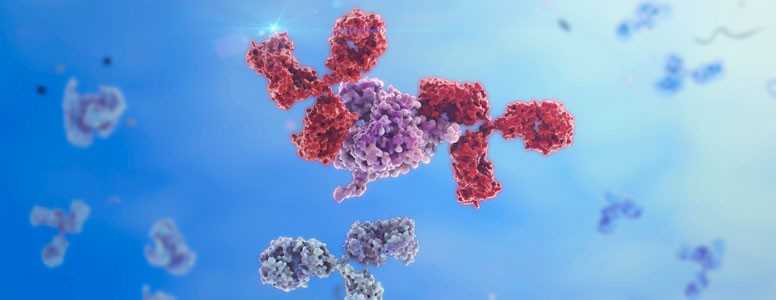Researchers think they may have discovered an important new development which could explain more about how type 1 diabetes occurs.
A team from the University of Eastern Finland say that a certain collection of cells, which are important to the immune system, may play a central role in the development of the condition.
Follicular helper T cells are a recently described subset of T cells that have a central role in activating B cells, which in turn are responsible for producing antibodies.
The researchers say they have discovered a link between the cells, which were found to have increased at the onset of type 1 diabetes, and the presence of autoantibodies commonly associated with the disease.
Type 1 diabetes, which is usually diagnosed in childhood or early adolescence, is an autoimmune disease where the immune system destroys the insulin-producing beta cells in the pancreas.
In this study of children with type 1 diabetes, the researchers looked at the frequency of the follicular T helper cells in order to predict a type 1 diagnosis.
They also observed a subgroup of children that had tested positive for multiple diabetes-associated autoantibodies.
They discovered a connection between the activation of follicular helper T cells and the activation of autoantibody-producing B cells in type 1 diabetes.
The study also involved researchers from the Universities of Turku, Helsinki, Tampere and Oulu.
What's new on the forum? ⭐️
Get our free newsletters
Stay up to date with the latest news, research and breakthroughs.





